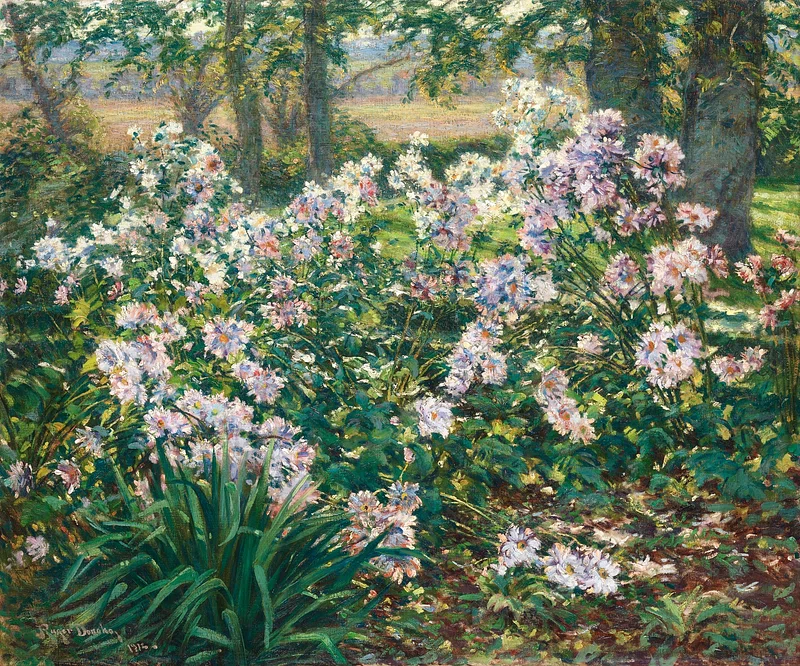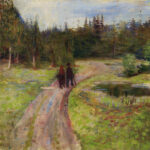I first heard Andy Weir’s The Martian described as “competence porn.” It is a story that is gratifying for its portrayal of an extraordinarily capable person enacting said competence. I read it. The story is in fact enjoyable, and that is in no small part due to the way Weir describes his protagonist doing difficult and complex things in a way that the reader feels like she can understand and experience in some simulated and voyeuristic manner.
Not all portrayals of extreme competence have that capacity to create a temporary sense of satisfaction in the reader. For example, Neal Stephenson’s Anathem does not leave me feeling like I could do advanced physics equations in my head, although it makes me wish I could.
Amor Towles’ A Gentleman in Moscow is more like The Martian in this way. A character has deep knowledge of food and wine and social dynamics, and we follow him as his aesthetic competence carries him through the crises of the plot. We feel like we know something more about French wines and continental cuisine as we read the descriptions of his judgments. Anathem makes me want to be smarter and better educated. The Martian and A Gentleman in Moscow make me feel a bit more educated than I am.
The vast literature of “how-to” books are in the same neighborhood, but far less gratifying and far less literary. They are also far more useful. Instead of giving the reader a satisfied feeling of being in the know, how-to takes for granted our ignorance and sets about correcting it. Many of us read these works and never actually do but at least if we did, we would have some instruction for doing so. Beard on Bread or The Supper of the Lamb are bridges from the one to the other: books that describe an activity done exquisitely well and then offer steps to at least try the activity in question.
Byung-Chul Han’s In Praise of the Earth, lies at a third point on this scatter plot. Like Wendell Berry’s Jayber Crow and Jo Walton’s Lent, it presents a way of being in the world that sparks longing but does not satisfy it. Reading Lent makes me want to be holy but it does not give me the slightest false hope that I already am. Jayber Crow stirs my desire to live for the true and good thing that I cannot have but it does not fool me into believing that I have done so. In Praise of the Earth is the book of a person who lives with his back to the machine and his face to goodness of the earth and I know that my face is not so turned as I read him.
The impatience that arises in me as I turn pages looking for the quotable insight, the actionable argument, the debatable point, clues me in to my orientation. This praise of the earth feels empty, at least at first, and that is the necessary diagnostic. I “should” be more productive and so I look to a meditation to help me enact that productivity. It is a divided way of living and yet here I am split, self-opposed, frustrated by my own incongruity.
Han turns so completely toward wholeness that his writing seems an alien arrival: the work of a being that loves wholly, uselessly, openly. Writing, perhaps, not even to be read but simply to praise the living world for living, adding his voice to those of the stones that would cry out as we moderns ignore the glory around us.
In Praise of the Earth is composed of short chapters titled after individual plants or concepts—“Willow Catkins,” “Back to the Earth,” “Time of the Other,” “Victoria Amazonica”—followed by a longer section titled “Diary of a Gardener.” In the brief chapters in which Han describes plants, his liking of them (and sometimes his disliking of them), when they bloom, their origins and the origins of their names. He talks about growing them and the satisfactions of doing so. He speaks generally of the effort involved in committing to be in his garden every single day but he does not dwell on the practical realities of gardening: the digging, the planting, the shopping and sprouting. His gaze is on the plants themselves, particularly their flowers, and then their leaves, their origins, their names.
Han also explores philosophical concepts in most chapters. These explorations are more meditative than analytical: concerned here with attention rather than reason. Philosophical ideas and themes sit comfortably alongside simple assertions of preference—“I have a special affection for white forsythia. It comes from my homeland, South Korea”—is followed shortly by “Maybe mortality is the bitter price we have to pay for having separated from the earth, for being able to move around freely, for being independent, free-standing selves. Freedom then, is probably mortality” (34, 46). This is a book of being, of presence. It is not one of usefulness or even of aestheticism.
Some of these meditations are profound, some provocative, some simply peaceful:
“Work in the garden is not really work, but meditation, a lingering in stillness” (129).
“Hoping is the temporal mode of the gardener. Thus, my Praise of the Earth is directed at the coming earth” (133).
“The earth is an artist, a gambler, and a seducer. She is romantic. She evokes a feeling of gratitude in me. And she has made me think a lot. Thinking is thanking” (133).
These are not the reflections of a farmer, nor are they the reflections of a scholar (though Han is certainly the latter); they are the thoughts of one who is living into the humane disciplines of gardening and philosophy. They sound to me like the talk of a hermit, unconcerned by your worldly busyness, living with meaning from some other stream of time.
Han is not presenting an argument for why to praise the earth, nor for why to garden, or why to do philosophy. He praises. He gardens. He reflects philosophically. Imitate him or not, read him or not, the good thing goes on in its place, little known and less understood, but good nonetheless. It would be good and wise to enter that other time with Han’s voice and try to live there for a little while.
Image via Rawpixel.








